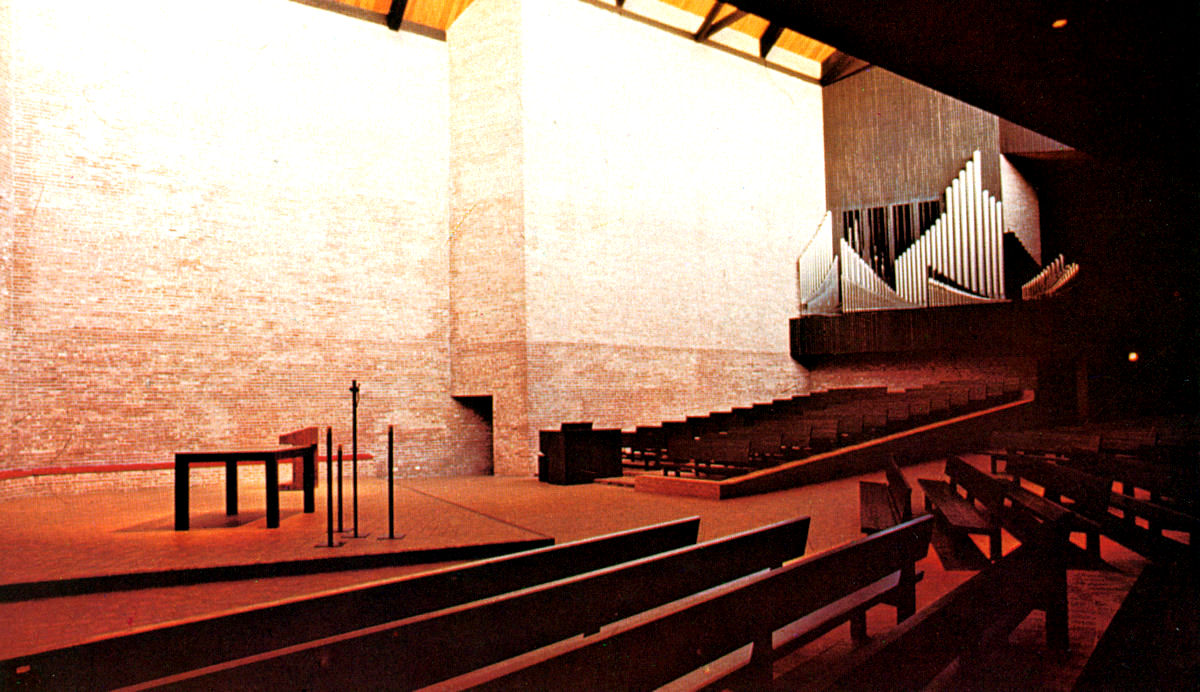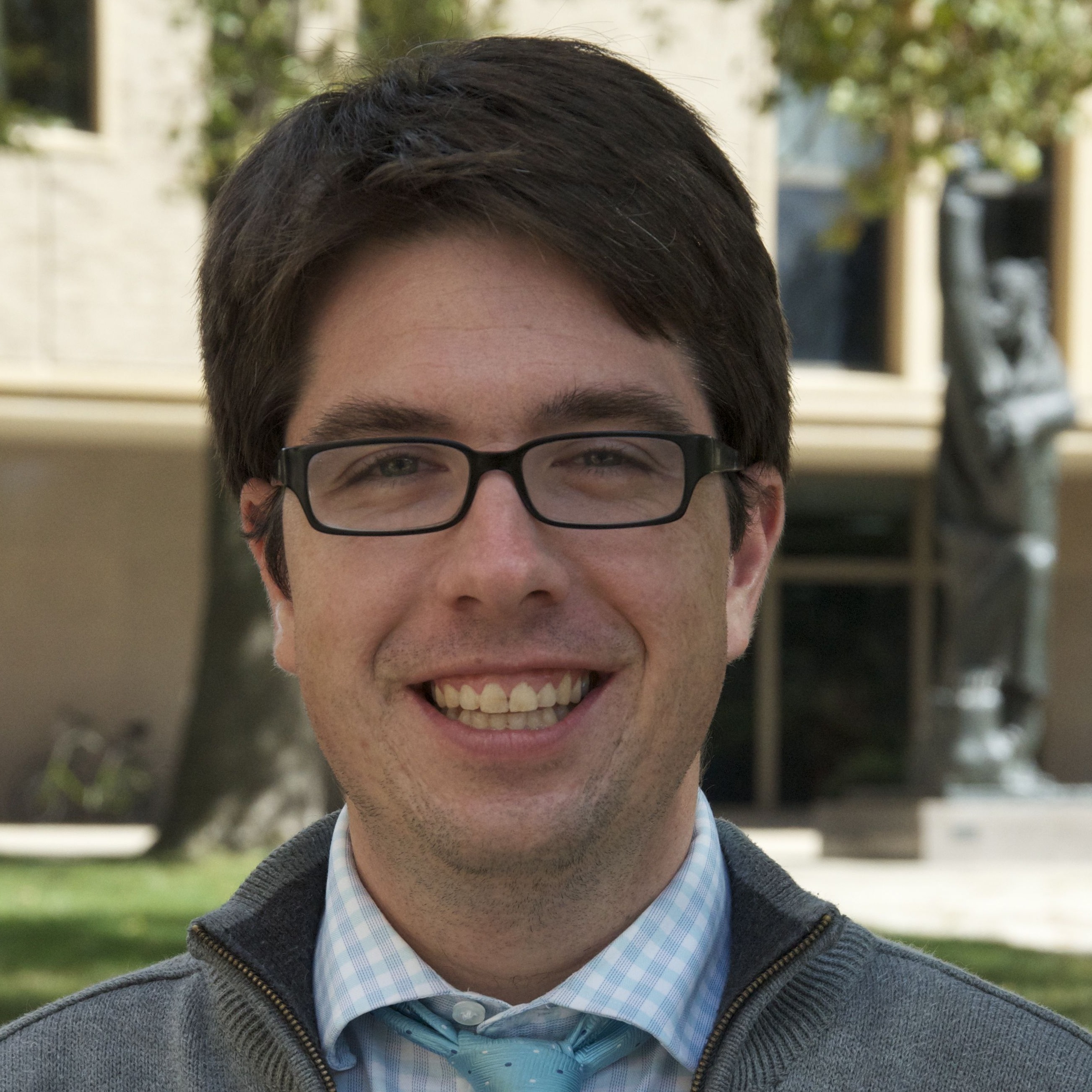Yesterday, I spoke at St. Procopius Abbey in Lisle, IL, on Sacrosanctum Concilium. Before the talk, I was invited to pray at Mass, as well as eat dinner with the monks in the refectory.
At Mass, I watched as the monks entered the Abbey Church, some using walkers to make their way to the choir. The last monk to enter was blind, moving slowly with his walker down the sloped church. The eyes of every monk was watching him not with a sense of impatience but attentive to any needs that he might have during his journey to the choir. Individual monks, unbeknowst to their aged confrere, moved slowly out of the way, making space for their brother in Christ.
At dinner, the subtle dance of making space continued. The monks knew where to sit at table. They knew who was to pray, and when he was to lead prayer. They slowly told their guests what to do, never in a demanding way, but with a spirit of love. They waited for their after meal prayer until the very last person finished eating.
Benedictine hospitality is not some broad pedagogical idea. It's not a principle that defines what it means to be a Benedictine institution. Rather, it is a series of embodied practices that forms the monk over the course of a lifetime to make space for the guest. They pray the Office together, with no voice standing out above the others. They eat dinner in specific places. They set the table in a specific way. And in these practices that make a monk, they always ensure that there is space for the guest among them. They learn, through an embodied spiritual formation, that not all space is theirs. Not all time is theirs. Everything is gift from God.
Our parishes often seek to be spaces of hospitality. From my time at St. Procopius, I wonder if the way to "form" a hospitable parish is not through slogans (like All Are Welcome). Rather, it is to practice a form of life together in the parish that makes space for the guest. It is to learn to pray together in a way in which my voice does not overpower my neighbor. It is to create a form of life in which I cease thinking about myself as an individual monad, an individual family. And instead take up a series of practices in which my entire life is about making space for the other. In which every part of my life becomes an offering of praise to the God who is the source of all gift.
Hospitality, in this sense, is not something that we can simply state in a mission statement. Instead, Christian hospitality is the lifelong project of making space for the Christ who comes and comes and comes again.
Will we be attentive enough to notice his arrival among us?



